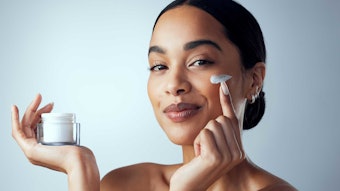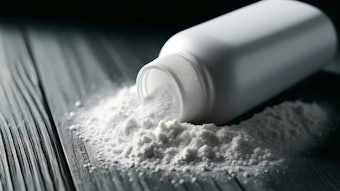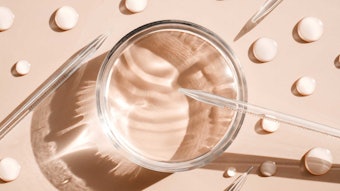The secret to creating beauty from within has emerged, according to Lacey, Wash., USA-based Aloecorp. It is reported that Egypt’s Cleopatra attributed the topical use of aloe vera to helping keep her skin looking young and beautiful and many people today are using this ancient elixir internally to achieve beautiful skin.
According to the company, a new movement in skin care has emerged called “Eating for Beauty” or “Inside Beauty,” that credits healthy skin with the routine ingestion of nutritional supplements. Global market research group Euromonitor International reportedly predicted that there will be an increase this year in the development of beauty products that encompass nutraceuticals and functional foods.
Jeff Barrie, Eastern regional sales manager, said in a press statement: “Whatever you choose to call this trend, scientific studies have cited the positive effects of internal consumption of aloe vera in creating a balance from the inside out.” He added that aloe’s soothing effects on burns and wounds, its promotion of the body’s anti-inflammation responses and other health indicators such as healthy immune system, digestion and sugar and cholesterol levels make it a nutritional leader in many internal and external aspects of good health.
The company reported that in a paper by Chithra et al., it was determined that both topical and oral treatments with aloe vera had a positive influence on the synthesis of glycosaminoglycan (GAG) and was therefore beneficial in modulating wound healing. GAGs also form an important component of connective tissue, serving to support, bind together and protect organs including skin, the largest organ in the human body.
In another paper by Chithra, Sajithlal and Chandrakasan, it was observed that aloe vera increased the collagen content of the granulation tissue, as well as its degree of cross-linking, as seen by increased aldehyde and decreased acid solubility, noted Aloecorp. Collagen, the main protein of connective tissue, is responsible for skin elasticity; a degradation of collagen can cause wrinkles associated with premature aging. Collagen is also the major protein of the extracellular matrix, and is the component that ultimately contributes to wound healing. In this study, the test group consuming aloe vera experienced enhanced levels of type III collagen.










